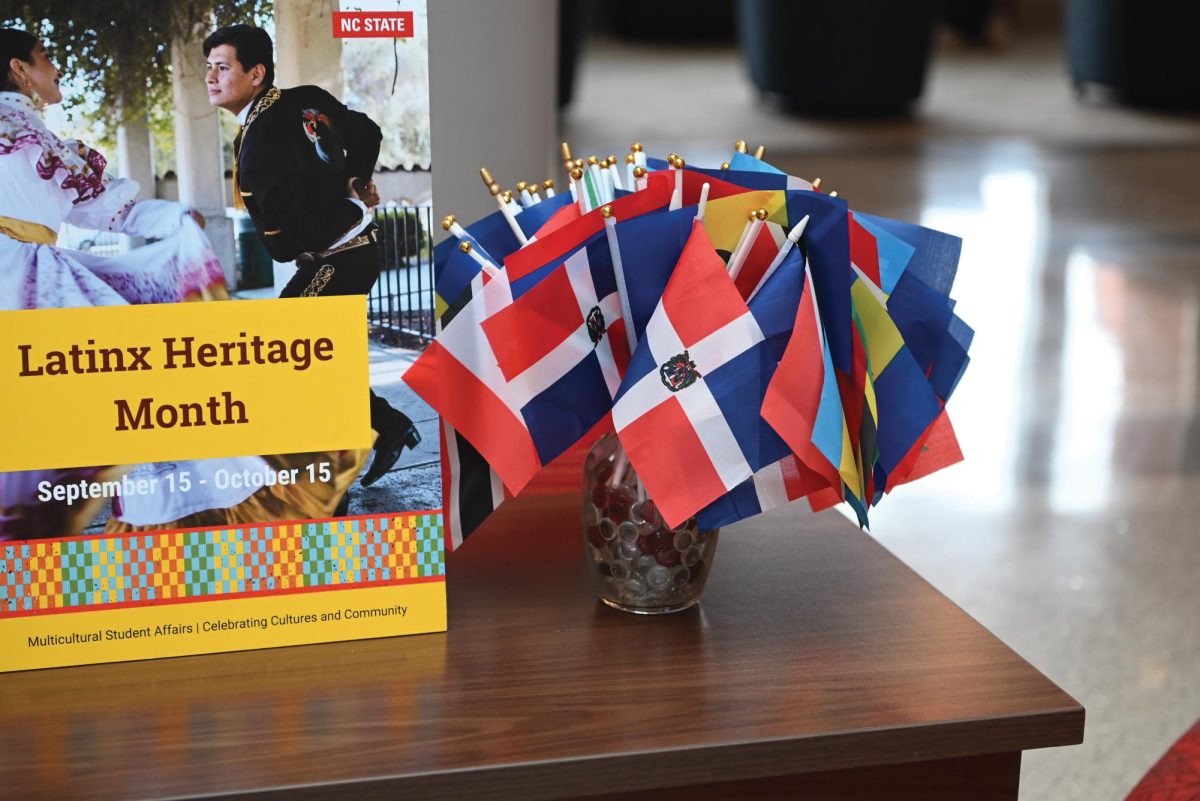The North Carolina General Assembly overrode Gov. Josh Stein’s veto of House Bill 318, expanding cooperation between county sheriffs and U.S. Immigration and Customs Enforcement.
The law, effective Oct. 1, broadens ICE involvement from serious crimes to all felonies and certain misdemeanors and requires sheriffs to hold individuals at ICE’s request for up to 48 hours.
The general assembly voted July 29 to override the governor’s veto, passing the measure 72-48 in the House and 30-19 in the Senate. All Republicans voted in favor, with most Democrats opposed. The law builds on last year’s House Bill 10 but expands ICE authority to include all felonies and some misdemeanors such as impaired driving. It also requires sheriffs to hold individuals for up to 48 hours at ICE’s request and notify federal authorities before releasing them.
Hoang Lam, an immigration attorney at NC State’s Student Legal Services, said the problem begins with the bill’s wording. He explained that the term “legal resident” isn’t clearly defined in the legislation, leaving both residents and law enforcement in a difficult position.
“The vagueness begs the question: Who is a legal resident? Is it a green-card holder? Is it an international student?” Lam said. “If I am an immigration attorney and I don’t know what that term means, how would a local law enforcement official or a judge be able to figure out what that is?”
The uncertainty over who is covered by the law could also lead to profiling. Lam noted that people could be targeted simply because of their name, accent or appearance.
“Another problem is that it could present the risk of immigration profiling,” Lam said. “Just because someone has an accent, has a name from another language or looks a certain way, that does not mean that that person is not a U.S. citizen or so-called legal resident.”
Beyond the language, the expansion of crimes that fall under ICE’s scope changes the stakes for entire communities. Someone charged, but not convicted, of a low-level offense could now face detention and deportation. Lam said that for students and families, this instills fear and makes people less likely to reach out to authorities when they need help.
“More people would be subject to immigration enforcement just because of them being charged with a state crime, including nonviolent felonies,” Lam said. “So, in terms of immigration enforcement and deportation, that’s the biggest impact.”
North Carolina-based advocacy organization El Pueblo has been preparing the immigrant community for the law’s implementation. Eloy Tupayachi, digital strategy and content manager for El Pueblo, said the forced cooperation between ICE and local law enforcement risks undermining trust in police, leaving victims and witnesses hesitant to report crimes.
“This kind of collaboration will break the trust between community and law enforcement,” Tupayachi said. “As a result of that, this will exacerbate fear and uncertainty in our communities and will discourage victims and witnesses from reporting crimes.”
To counteract that fear, El Pueblo has rolled out practical tools. Their Family Safe guide lays out what to do if someone is detained, how to protect children and property and how to navigate encounters with law enforcement.
“It’s a guide that contains basic information about your rights, and what you need to do when you’re interacting with ICE or law enforcement in your home, when driving to your work and all of those situations. It also explains what to do in case someone in the family is being detained by ICE,” Tupayachi said.
Lam also said that awareness is the best defense. For students in particular, he said, knowing how the law works could make the difference between protecting themselves and being caught off guard.
“With all the immigration developments, non-citizen students need to know and be aware of what’s going on so that they can help themselves and help their families,” Lam said.
While House Bill 318 introduces new challenges, advocates emphasize that preparation and community support can soften the blow. The law may create uncertainty, but residents are not navigating it alone. Organizations like El Pueblo and legal experts like Lam remind families that knowledge, connection and solidarity remain powerful.



